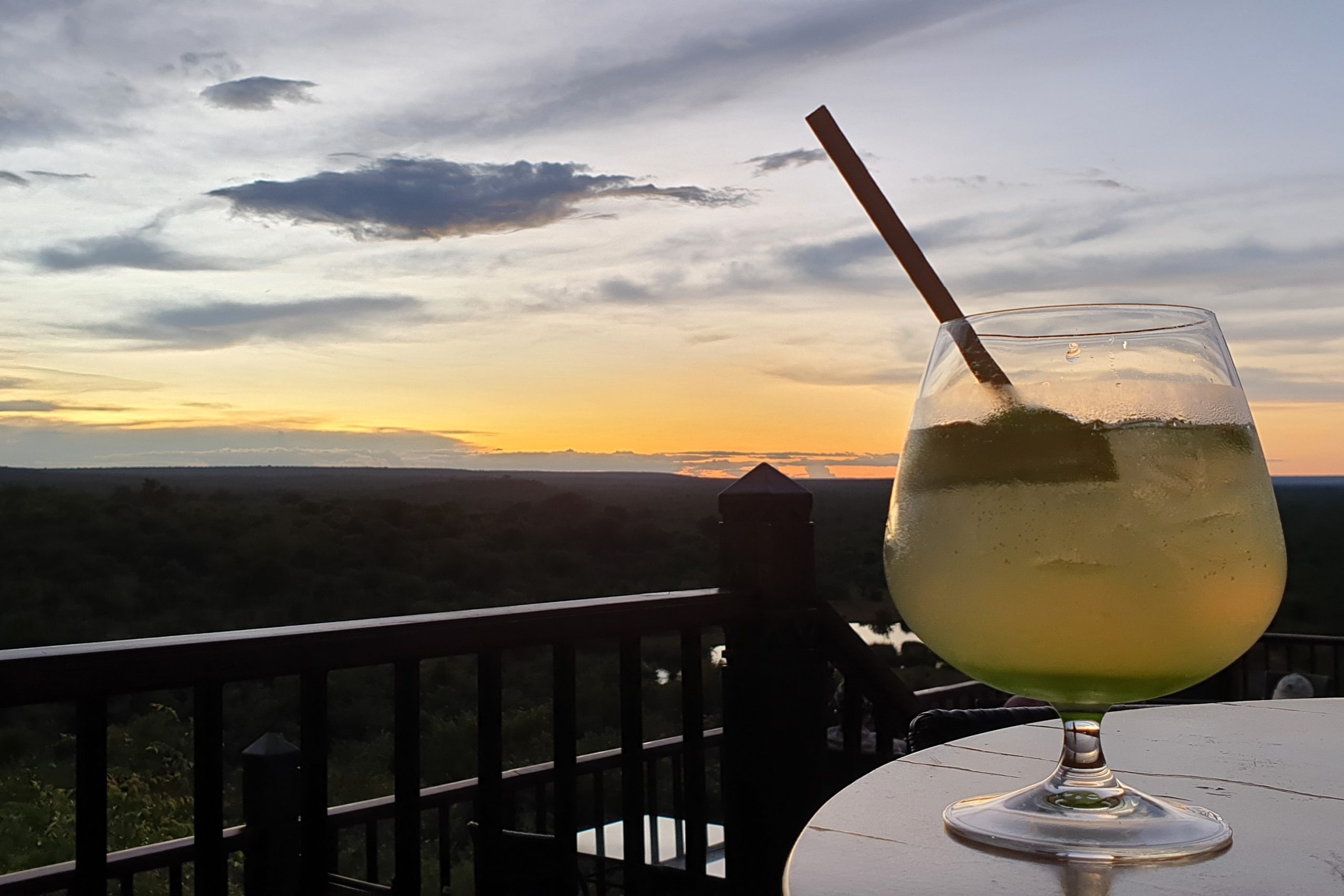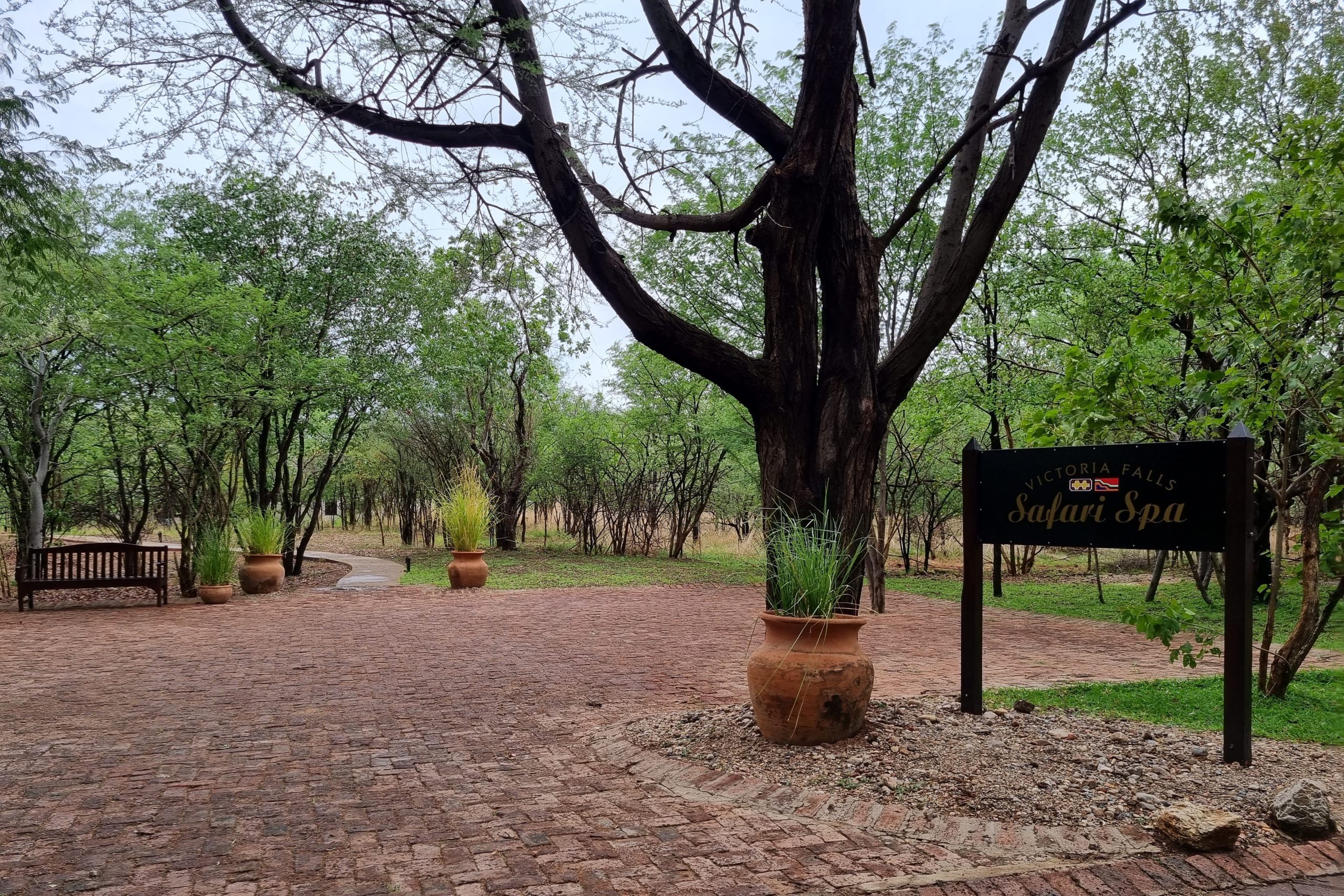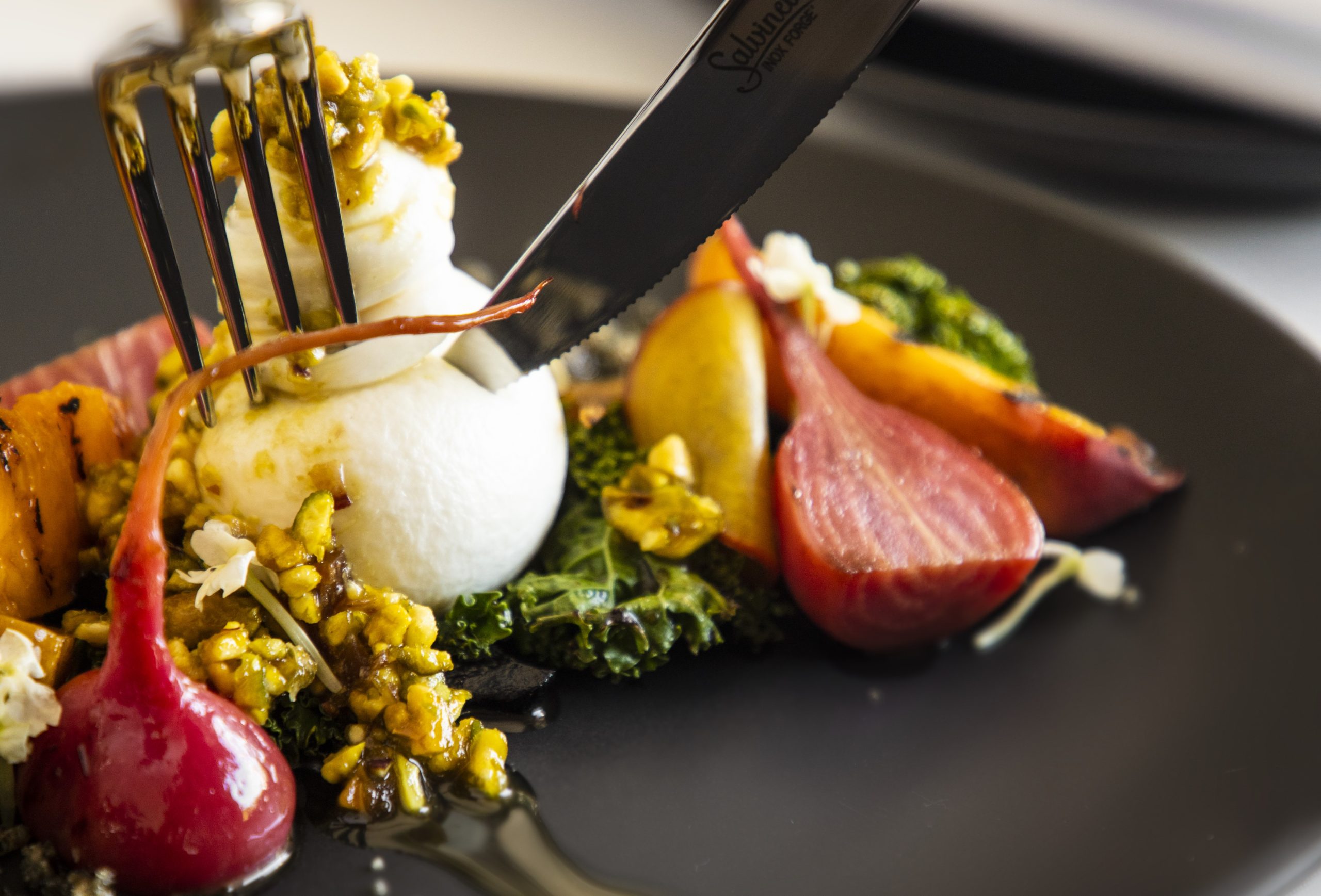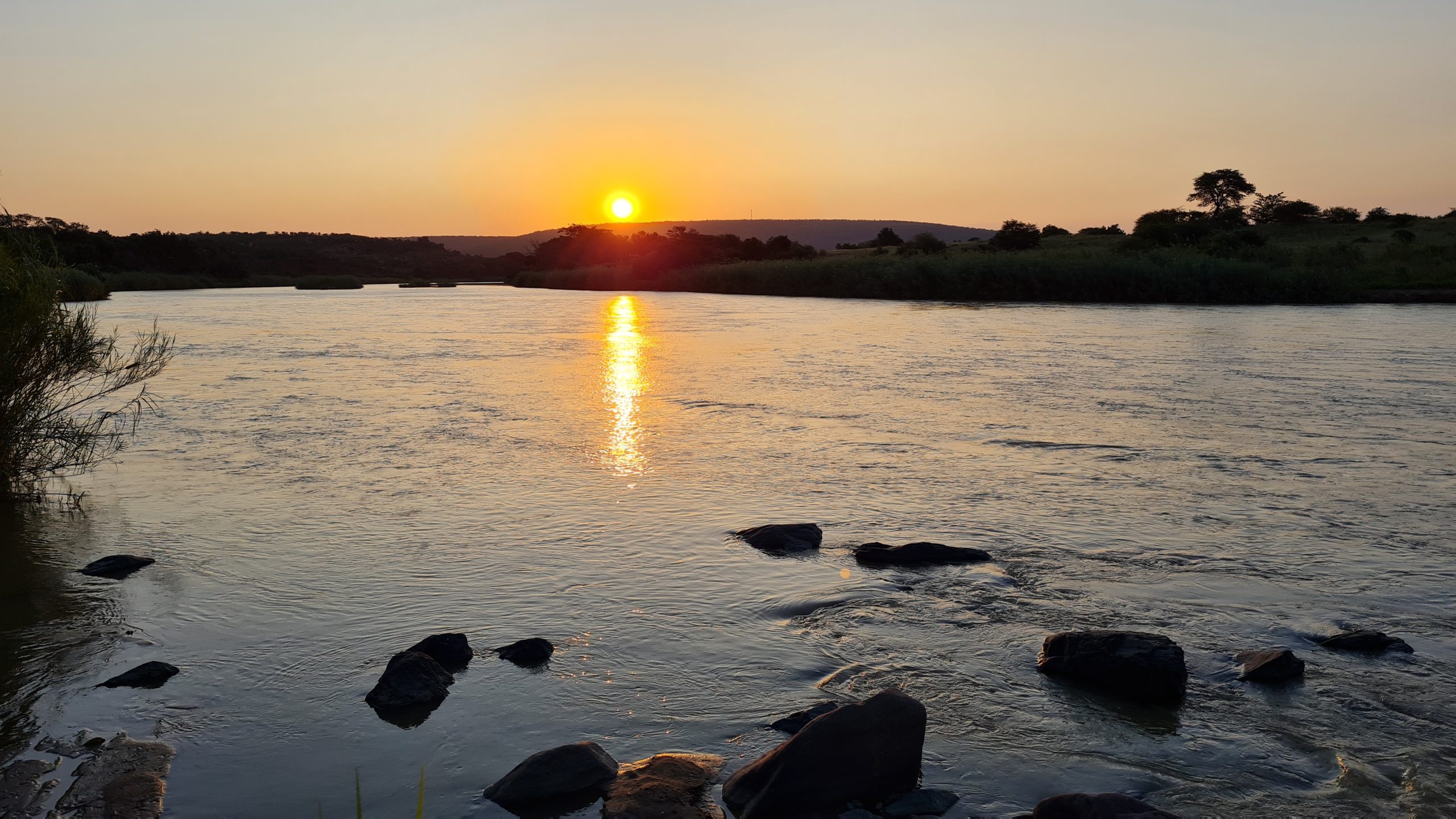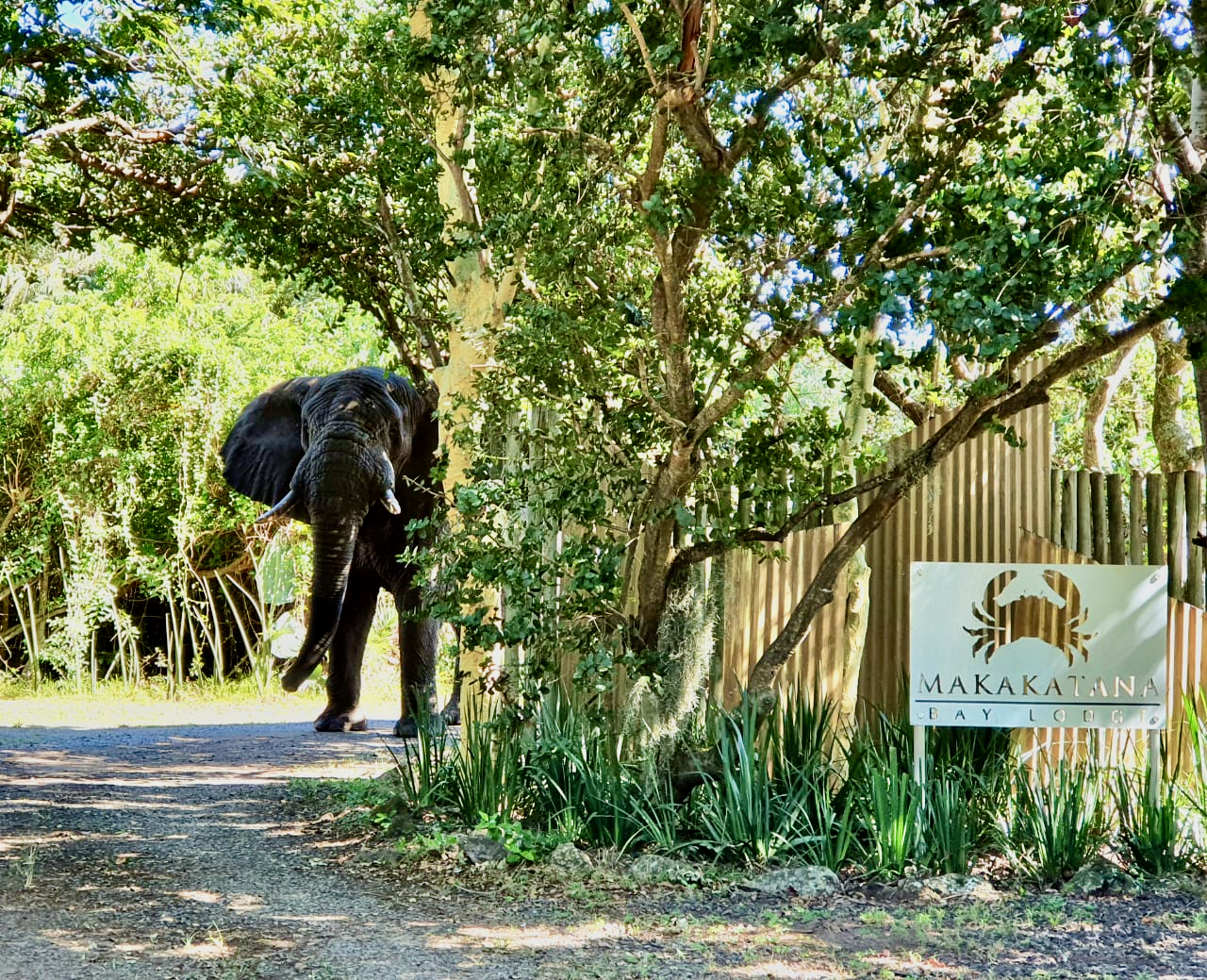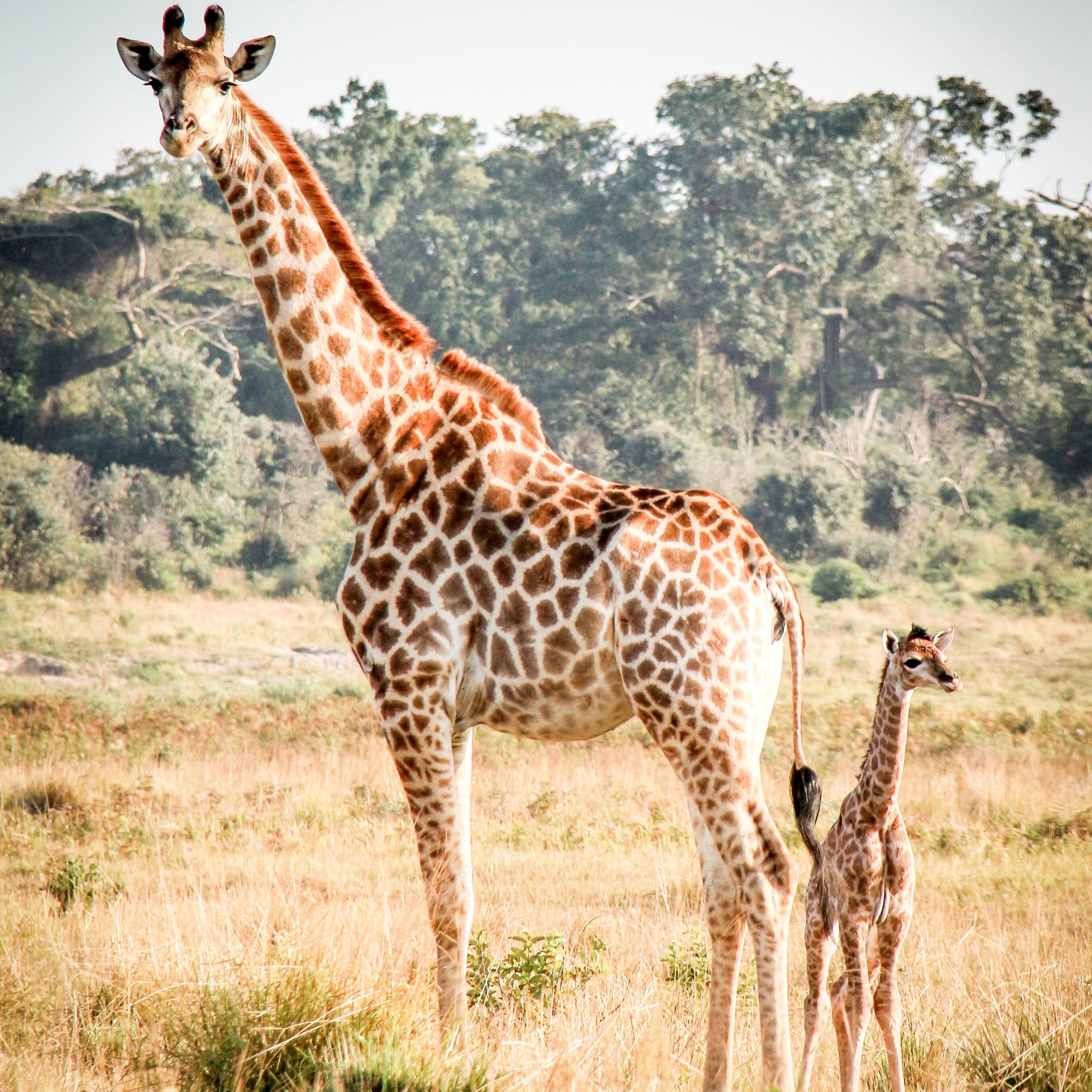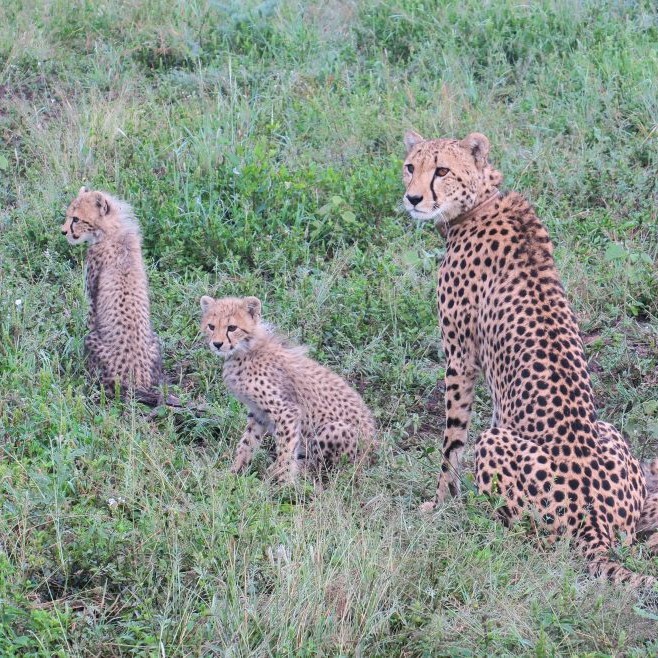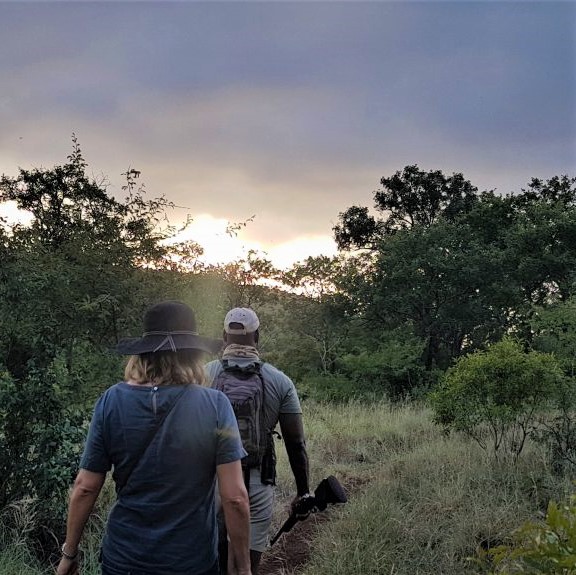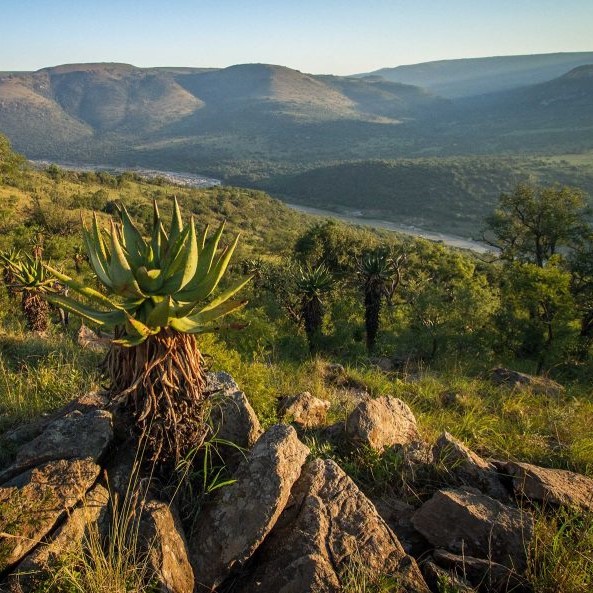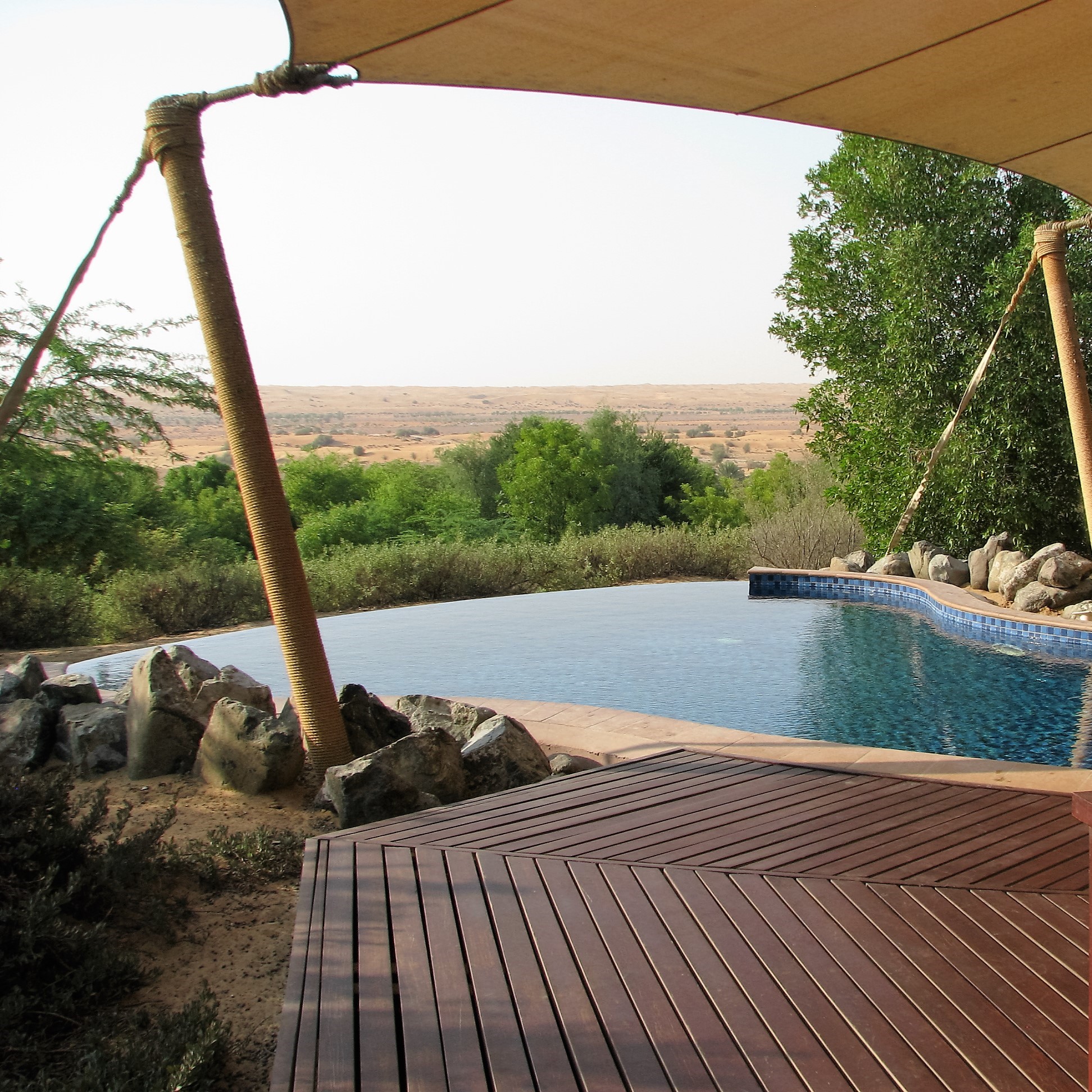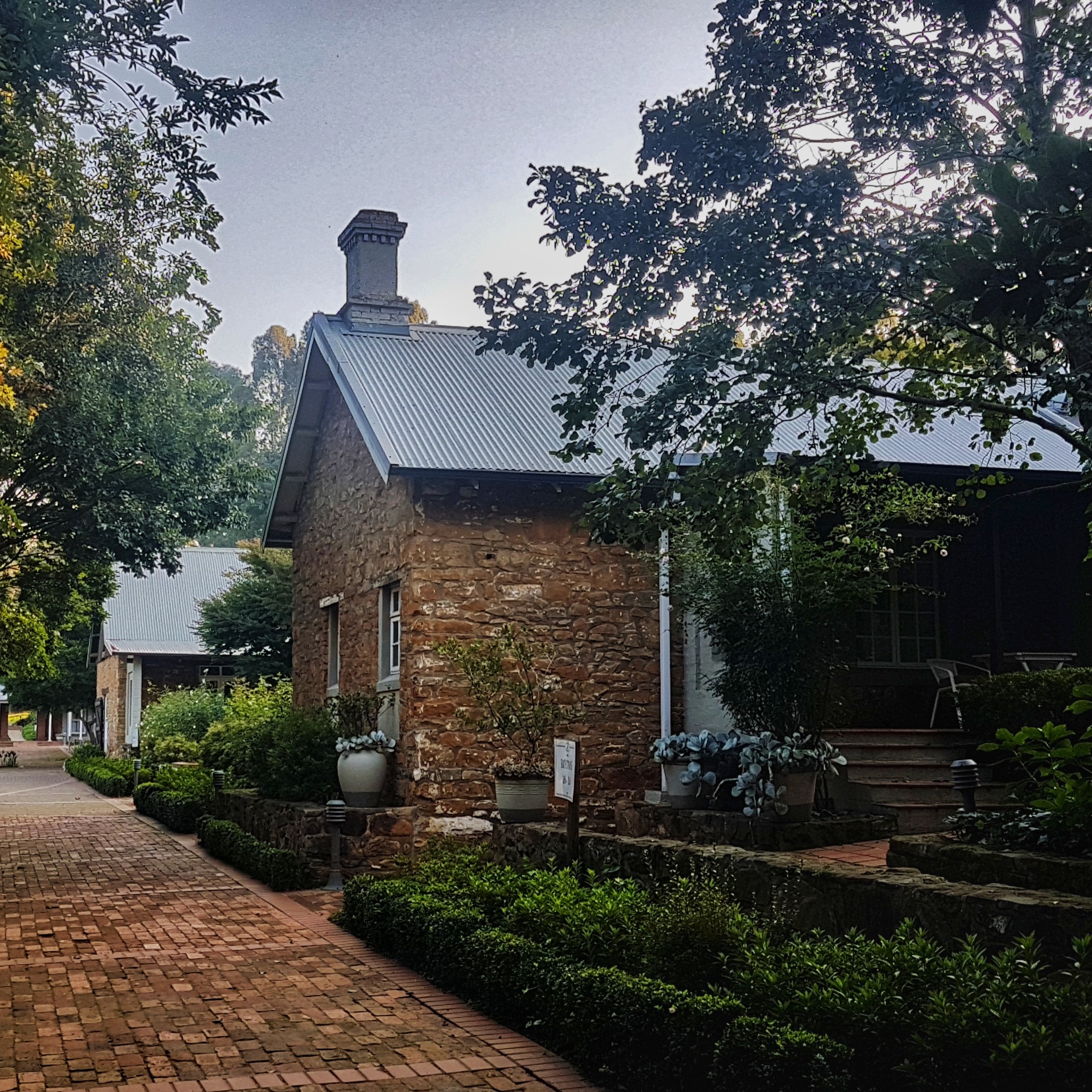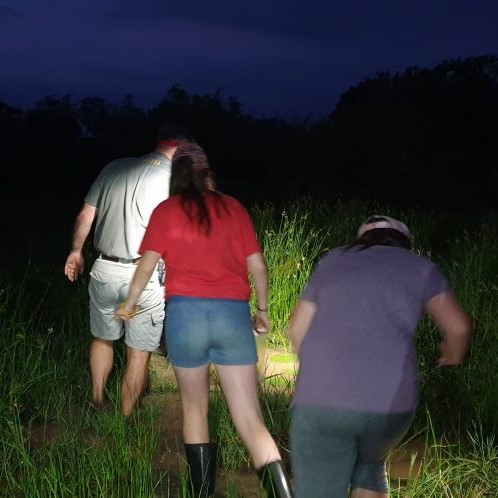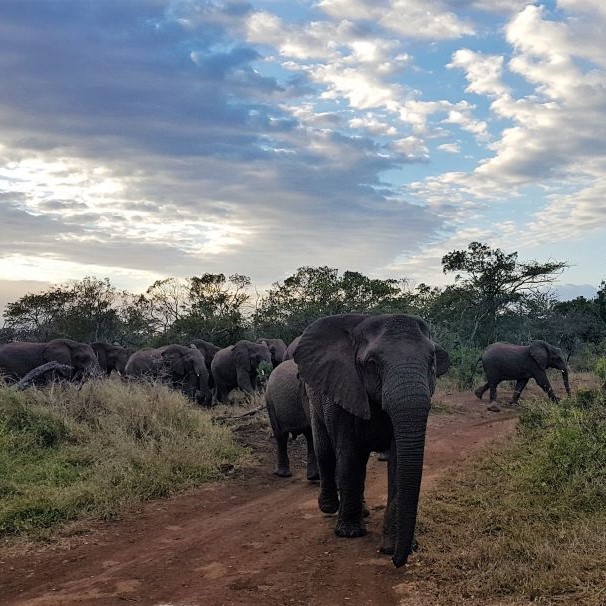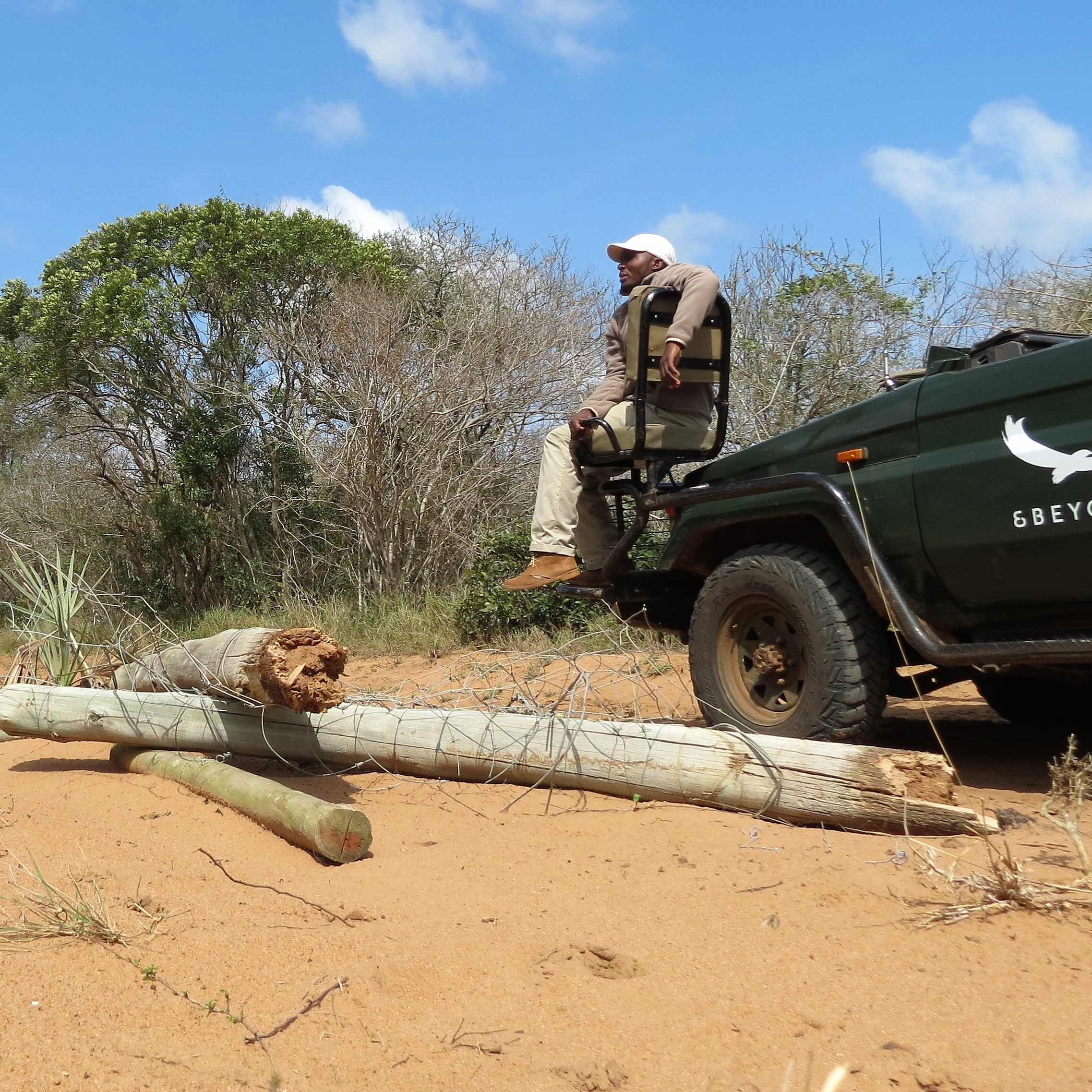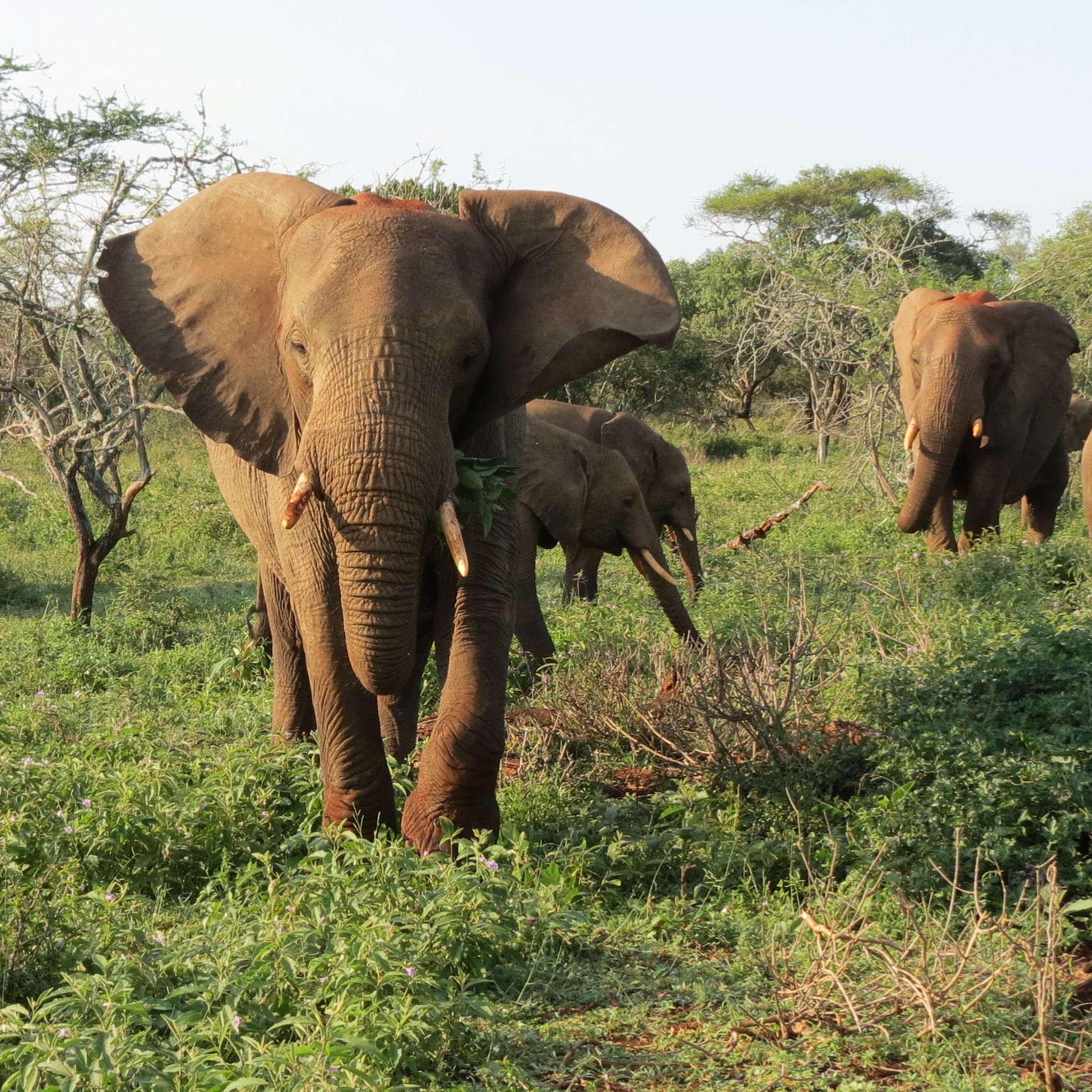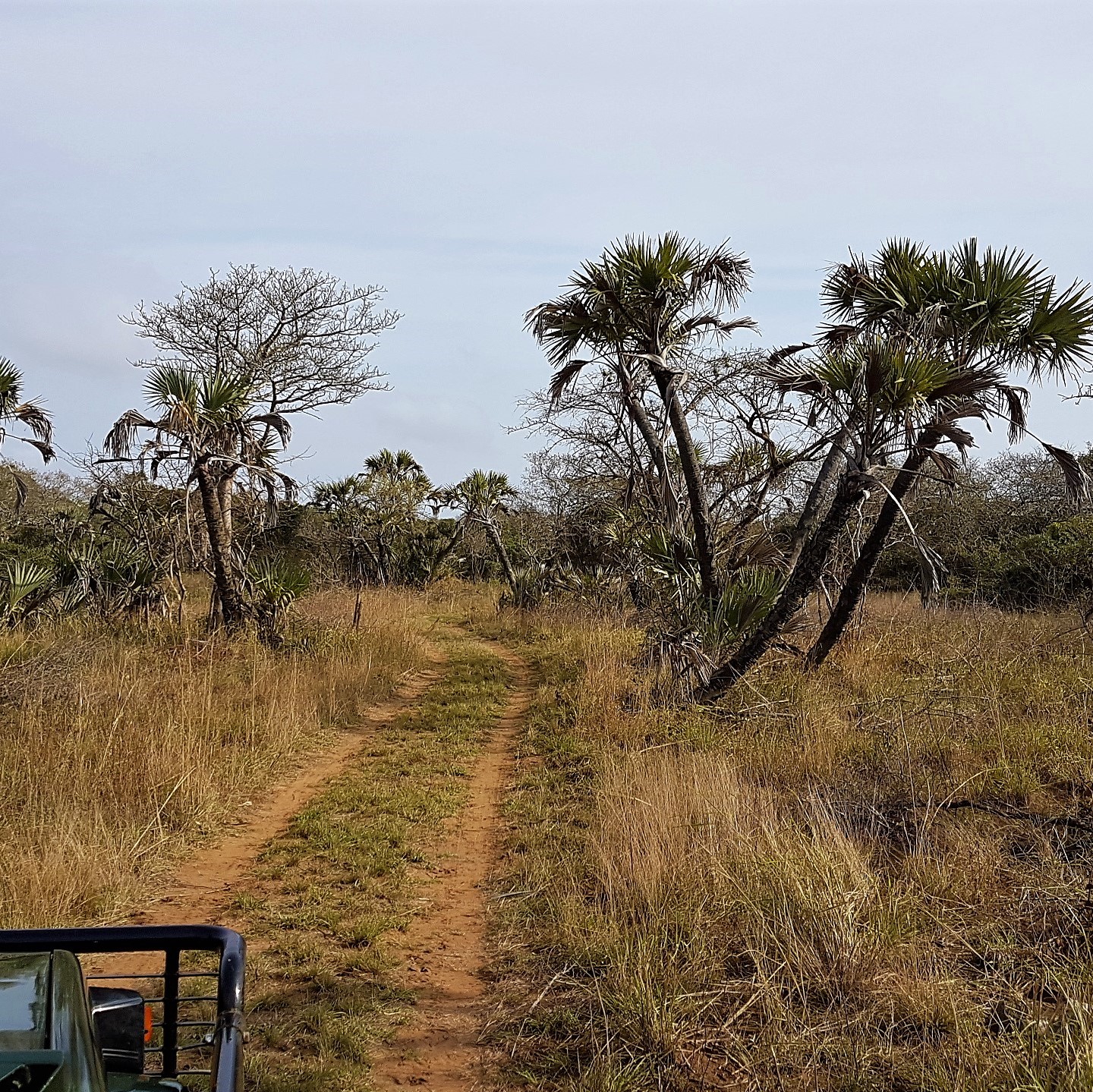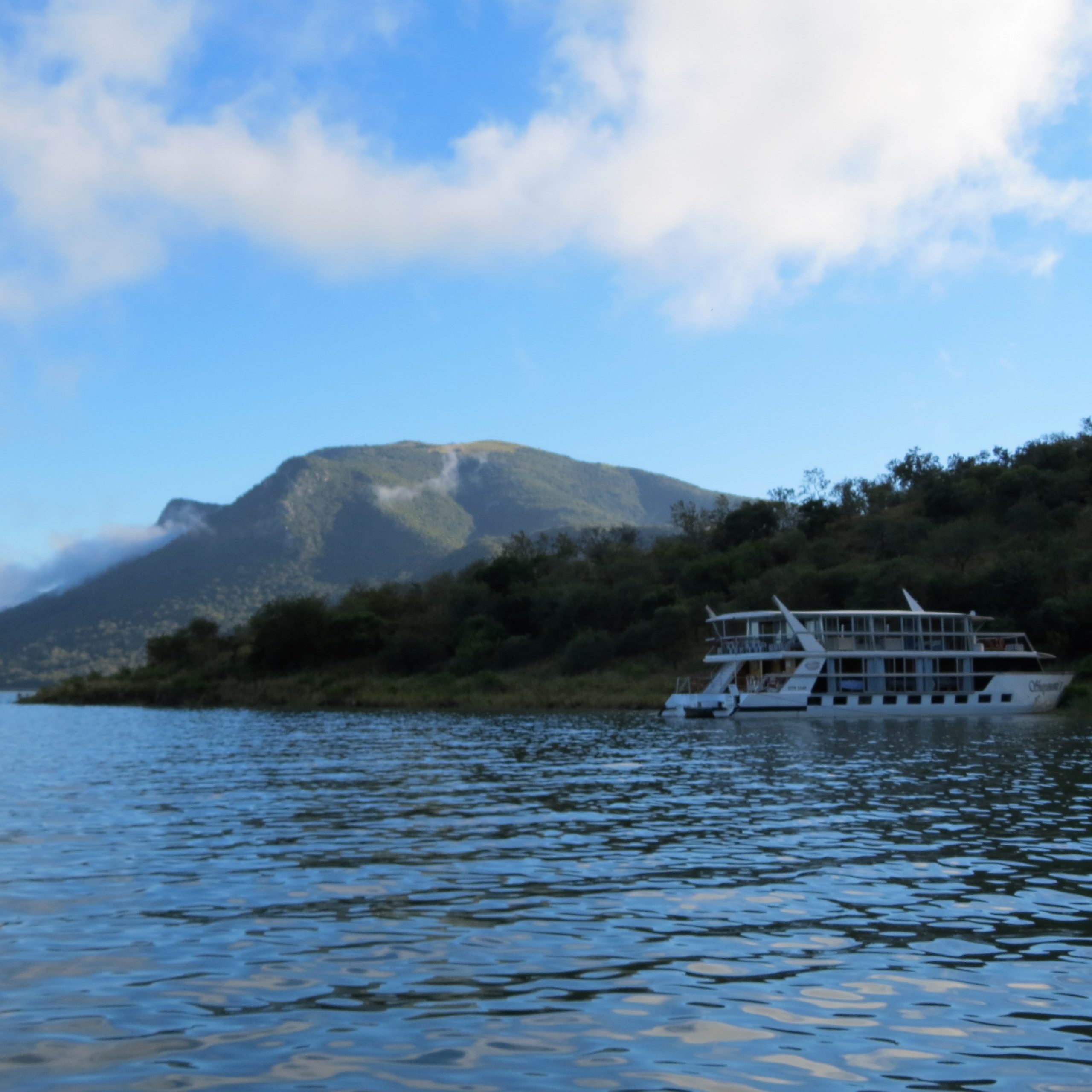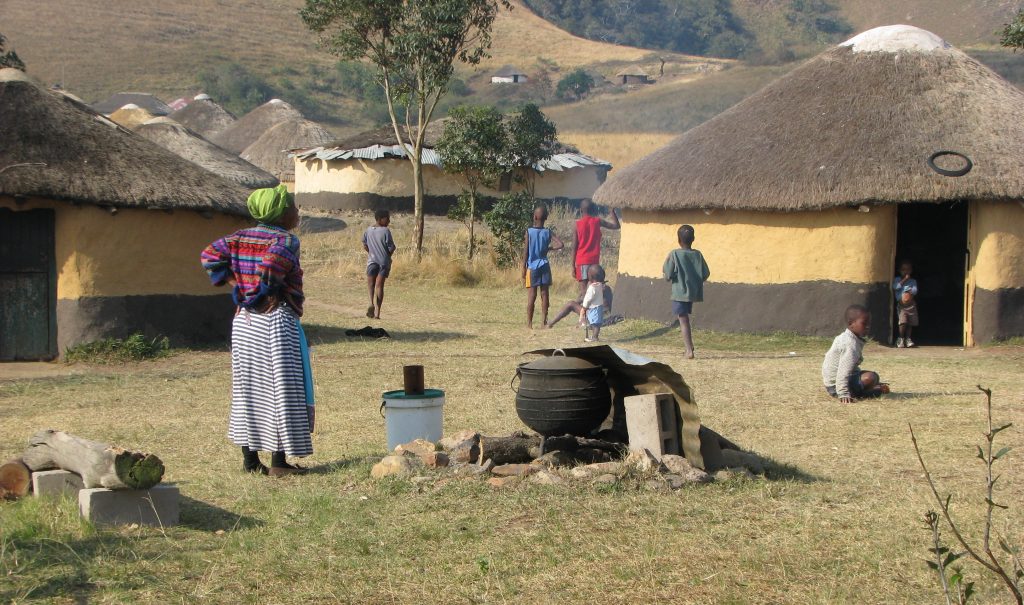 Be welcomed into a Zulu homestead with the warm, traditional greeting-call of ‘Sawubona!’
Be welcomed into a Zulu homestead with the warm, traditional greeting-call of ‘Sawubona!’
A Zulu ‘umuzi’ is a homestead, each hut comfortably furnished in the traditional way and form part of the family homestead. Sometimes without electricity and running water, lighting is provided by candlelight, and hot water for ablutions is kept on the boil in a large pot on the communal fire. Meals are served in a central hut, and as per Zulu custom, the men are served first. The food is wholesome and freshly prepared, and includes meat, rice and vegetables cooked the traditional way.
 Accompany a traditional healer into the nearby forest to collect herbs, bulbs, and bark. Listen as he explains how he harvests and prepares the traditional medicines for use on both human and animal patients – these age-old traditions are still practiced on a daily basis, many of which are the foundation of modern pharmaceuticals.
Accompany a traditional healer into the nearby forest to collect herbs, bulbs, and bark. Listen as he explains how he harvests and prepares the traditional medicines for use on both human and animal patients – these age-old traditions are still practiced on a daily basis, many of which are the foundation of modern pharmaceuticals.
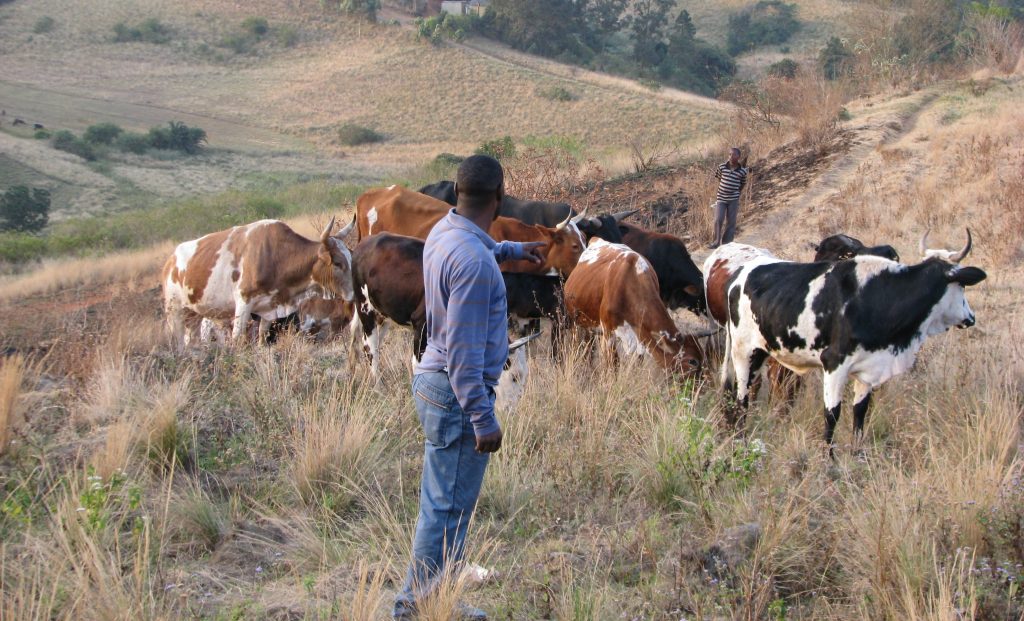 Nguni cattle play an important part in traditional Zulu culture and are creatively named according to their variously patterned and multicoloured hides, for example, a white cow with black speckles is known as imasenezimpukane – ‘the flies in the buttermilk’. Young Zulu herd boys learn the art of stick fighting while tending their cattle. They start with young branches and when they reach the age of 15 they progress to adult sticks, one of which is used for offence and the other as a shield for defense.
Nguni cattle play an important part in traditional Zulu culture and are creatively named according to their variously patterned and multicoloured hides, for example, a white cow with black speckles is known as imasenezimpukane – ‘the flies in the buttermilk’. Young Zulu herd boys learn the art of stick fighting while tending their cattle. They start with young branches and when they reach the age of 15 they progress to adult sticks, one of which is used for offence and the other as a shield for defense.
 Dancing and singing is very much a part of the lifestyle of the Zulu people, and it is a privilege to be invited around the communal fire to experience traditional Zulu dancing at its best – no fancy costumes, or well-choreographed moves, just the exuberant joy of the dance. The objective of a home stay is to provide visitors with an authentic insight into the contemporary cultural lifestyle of the average rural Zulu person, to experience village life as happens – a vibrant living culture.
Dancing and singing is very much a part of the lifestyle of the Zulu people, and it is a privilege to be invited around the communal fire to experience traditional Zulu dancing at its best – no fancy costumes, or well-choreographed moves, just the exuberant joy of the dance. The objective of a home stay is to provide visitors with an authentic insight into the contemporary cultural lifestyle of the average rural Zulu person, to experience village life as happens – a vibrant living culture.
A visitors departure is accompanied by the heart-felt ‘Siyabonga…hamba kahle‘ -‘We thank you and farewell.’
I had the privilege of accompanying an African Insight field trip into the rural area of Eshowe.


